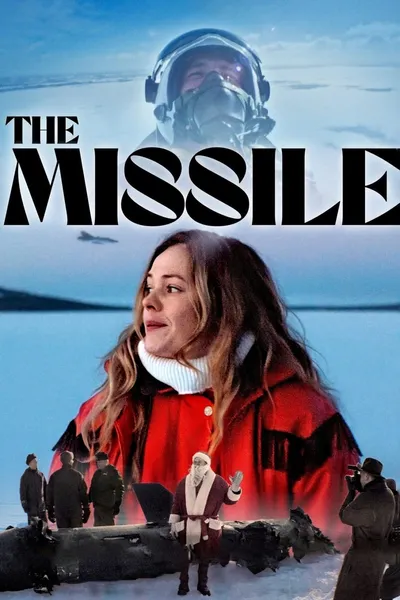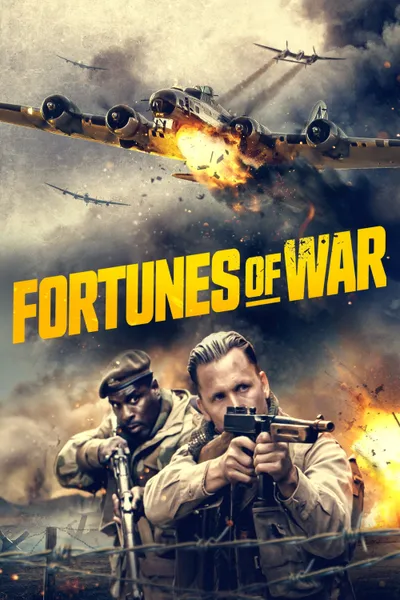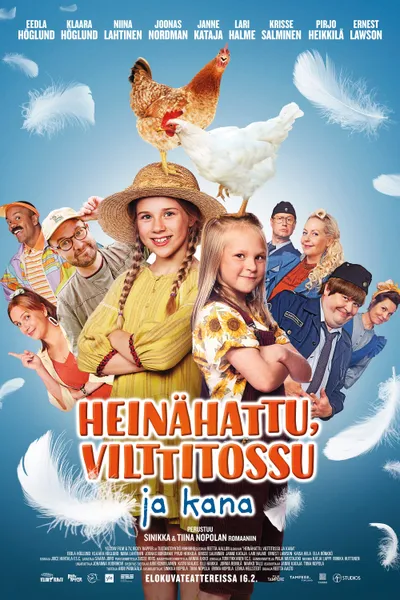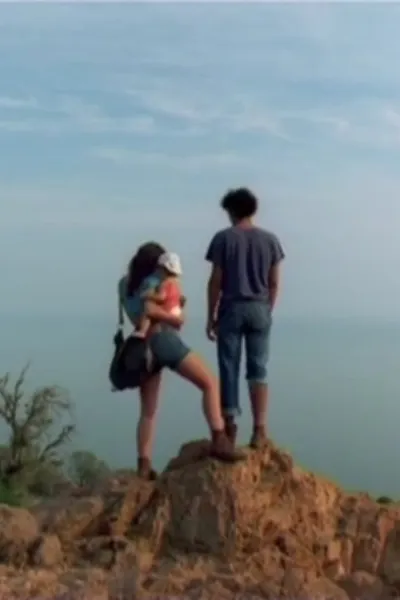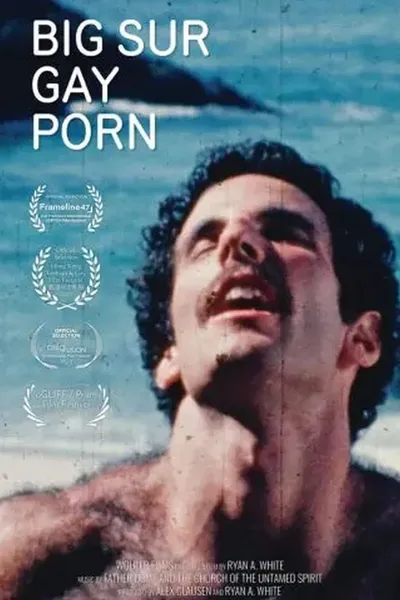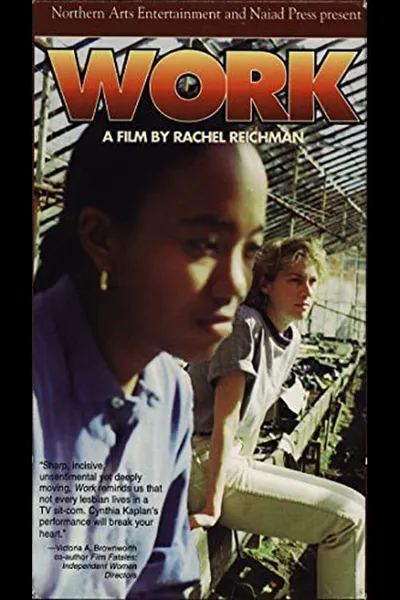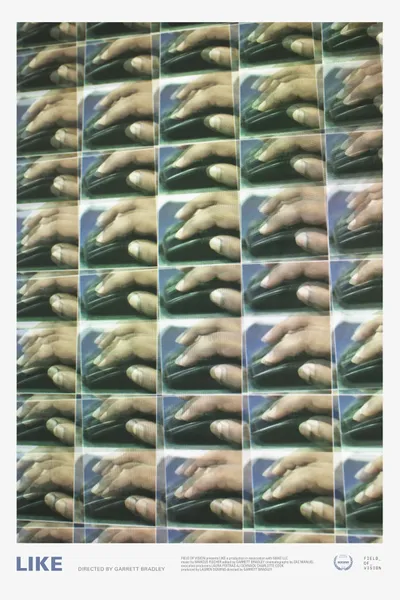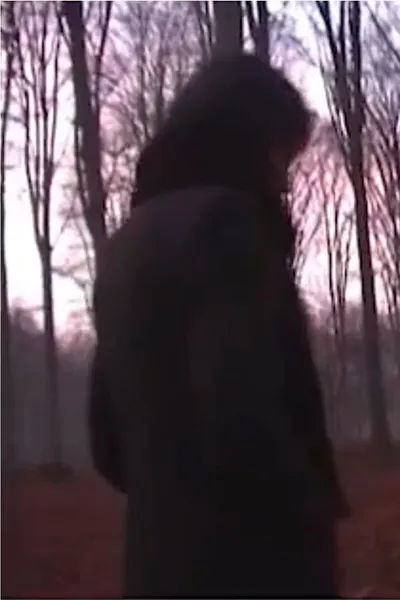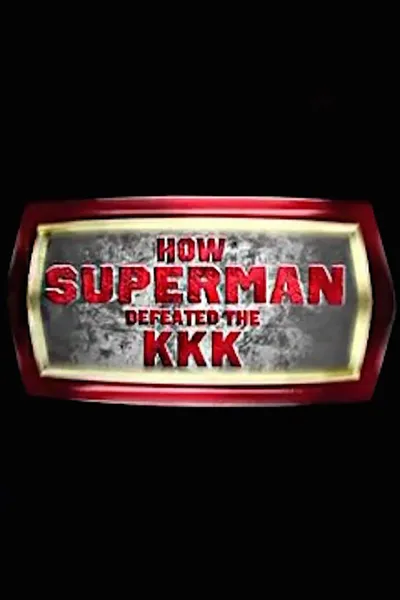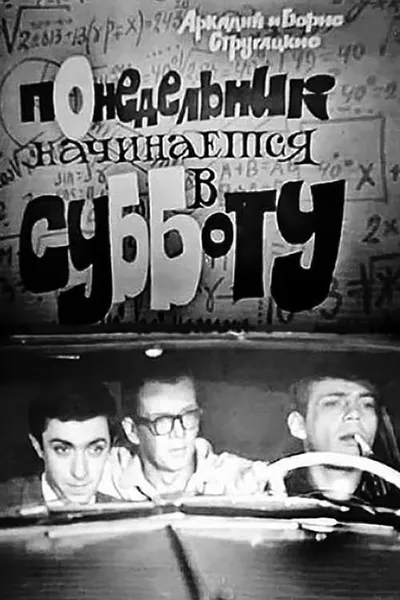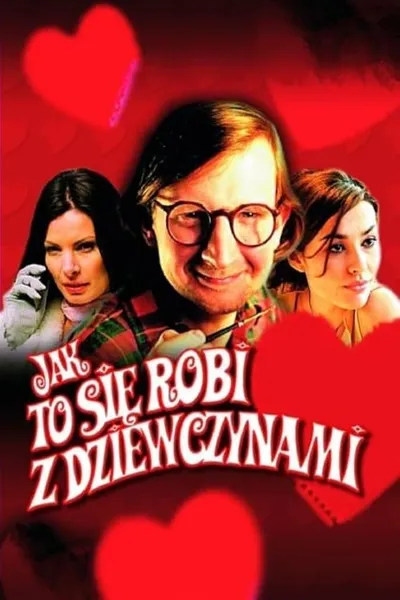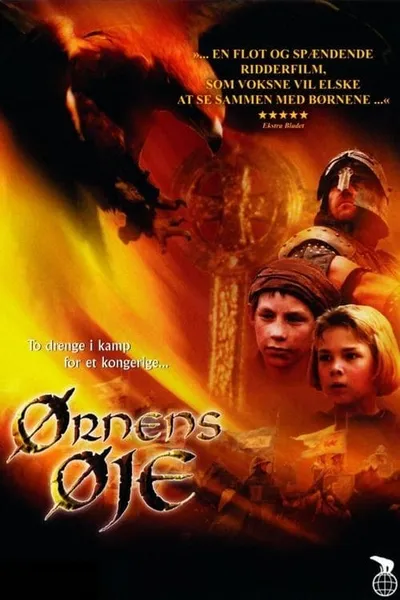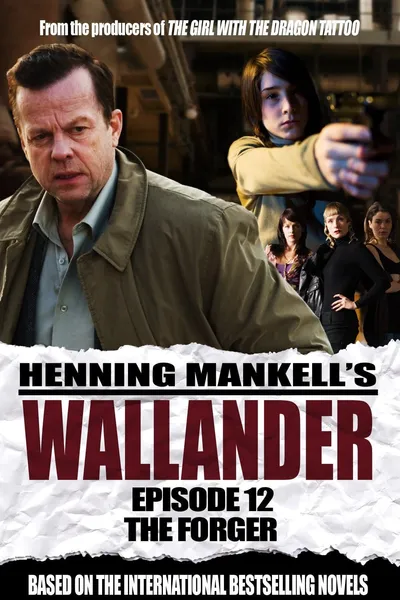Reviews
Brent Marchant
October 22, 20248.0
Who would have thought that a reserved, homespun single mother of two married to an abusive imprisoned husband could turn her life around by writing about the dangers of nuclear proliferation? But, if you’re Niina Kuittinen (Oona Airola), a young housewife living in rural Lapland, that’s precisely what happens when she takes a reporting job with a local newspaper and unwittingly stumbles into a story that almost any intrepid journalist would kill for – the crash of an off-course Soviet missile in the Finnish wilderness in 1984. She eagerly investigates the incident, despite limited experience as a reporter, little knowledge of nuclear weapons and resistance from her publisher (Hannu-Pekka Björkman), who doesn’t want to upset the locals with such depressing talk, insisting instead on running only upbeat but innocuous human interest stories. Niina is undeterred, however, throwing herself into a story that garners international attention, regardless of the challenges she faces. In doing so, she grows and matures, finding her footing as a newly empowered woman, as well as finding new love in a handsome, adoring and attentive military man (Pyry Kähkönen). Niina’s transformation gives her purpose and helps her to prepare for the impending release of her incarcerated toxic husband (Tommi Eronen), who returns home promising he’s changed, despite evidence to the contrary. Niina’s new life thus begins, ironically, thanks to her immersion in a devastating subject – but one that ultimately imbues her with a healthier, more realistic outlook on the wider world and the nature of her existence. Writer-director Miia Tervo’s fact-based third feature outing is another of those unexpected cinematic gems that effectively mixes genres in coming up with a delightful and enlightening film. Much of the first half presents a colorful portrait of the protagonist’s hometown, family and neighbors, featuring ample humor that’s decidedly quirky, deliciously deadpan and superbly understated, not unlike the folksy, unassuming laughs prevalent in movies like “Fargo” (1996). But, as Niina’s story unfolds, it takes on more serious overtones as viewers witness the character develop into someone who leaves behind the crippling naivete and obsequiousness that have long been holding her back. Admittedly, the film begins to drag a bit in the last act, needlessly stretching out material that’s easy to predict without having to belabor it. Nevertheless, “The Missile” is one of those pictures that audience members are likely to come away from feeling as though they’ve been warmly welcomed into a community of loving family and friends whom they’ve known for a long time but without the unduly burdensome trappings of schmaltz and sentimentality. And there’s a lot to be said for that, even if it takes a little taste of Armageddon to get us there.
Recommendation Movies
Fortunes of War2024
Hayflower, Quiltshoe and the Chicken2024
Forest2014
Six: Inside2009
L'étoile de mer2006
Big Sur Gay Porn2023
Carino Brutal1998
Work1997
Like2016
Forest2005
How Superman Defeated the KKK2015
Dirty Bitch2009
Monday Begins on Saturday1965
Hello...?
Jak to się robi z dziewczynami2002
RBD - Live at Los Angeles Memorial Coliseum2006
Eye of the Eagle1997
Wallander 12 - The Forger2006
© 2024 MoovieTime. All rights reserved.Made with Nuxt
